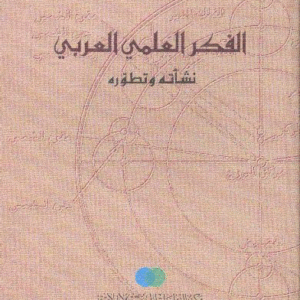
The Origin and Development of Arabic Scientific Thought = الفكر العلمي العربي : نشأته و تطوره
By George Saliba (NHC Fellow, 1997–98)

By George Saliba (NHC Fellow, 1997–98)
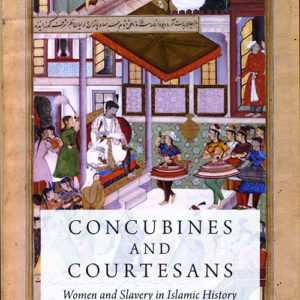
Edited by Matthew S. Gordon (NHC Fellow, 2011–12) and Kathryn A. Hain Concubines and Courtesans contains sixteen essays that consider, from a variety of viewpoints, enslaved and freed women across medieval and pre-modern Islamic social history. The essays bring together arguments regarding slavery, gender, social networking, cultural production (songs, poetry and instrumental music), sexuality, Islamic family … Continued
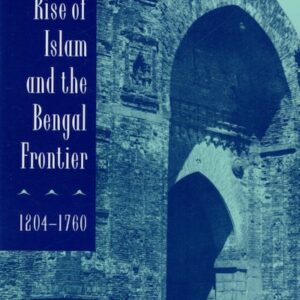
By Richard M. Eaton (NHC Fellow, 1979–80) In all of the South Asian subcontinent, Bengal was the region most receptive to the Islamic faith. This area today is home to the world's second-largest Muslim ethnic population. How and why did such a large Muslim population emerge there? And how does such a religious conversion take … Continued
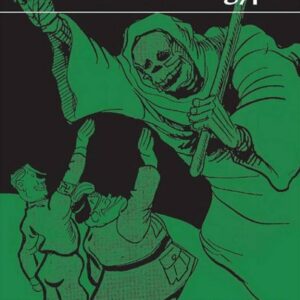
By Israel Gershoni (NHC Fellow, 2004–05) Confronting Fascism in Egypt offers a new reading of the political and intellectual culture of Egypt during the interwar era. Though scholarship has commonly emphasized Arab political and military support of Axis powers, this work reveals that the shapers of Egyptian public opinion were largely unreceptive to fascism, openly rejecting … Continued
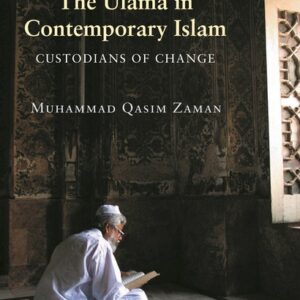
By Muhammad Qasim Zaman (NHC Fellow, 2000–01) From the cleric-led Iranian revolution to the rise of the Taliban in Afghanistan, many people have been surprised by what they see as the modern reemergence of an antimodern phenomenon. This book helps account for the increasingly visible public role of traditionally educated Muslim religious scholars (the `ulama) … Continued
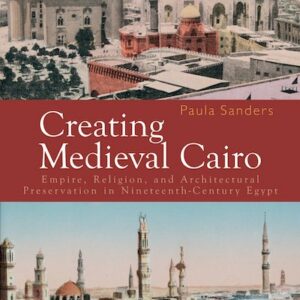
By Paula Sanders (NHC Fellow, 2002–03) This book argues that the historic city we know as Medieval Cairo was created in the nineteenth century by both Egyptians and Europeans against a background of four overlapping political and cultural contexts: the local Egyptian, Anglo-Egyptian, Anglo-Indian, and Ottoman imperial milieux. Addressing the interrelated topics of empire, local … Continued

By Rafiuddin Ahmed (NHC Fellow, 1999–00) This volume explores what it means to be a Muslim in the context of Bengal, covering the medieval period through the beginning of our times. The essays focus on issues such as conversion and Islamization, structure of social and political authority, revivalism and pan-Islamism, radical-humanist thought, secularism and fundamentalism, … Continued
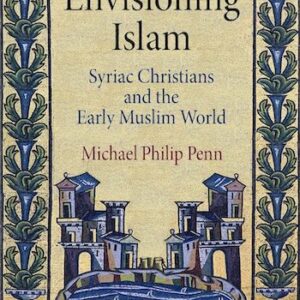
By Michael Philip Penn (NHC Fellow, 2007–08; 2012–13) The first Christians to encounter Islam were not Latin-speakers from the western Mediterranean or Greek-speakers from Constantinople but Mesopotamian Christians who spoke the Aramaic dialect of Syriac. Under Muslim rule from the seventh century onward, Syriac Christians wrote the most extensive descriptions extant of early Islam. Seldom … Continued
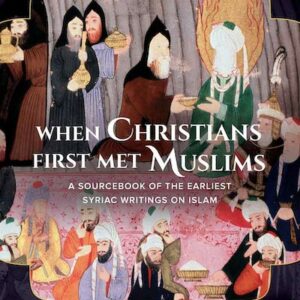
By Michael Philip Penn (NHC Fellow, 2007–08; 2012–13) The first Christians to meet Muslims were not Latin-speaking Christians from the western Mediterranean or Greek-speaking Christians from Constantinople but rather Christians from northern Mesopotamia who spoke the Aramaic dialect of Syriac. Living under Muslim rule from the seventh century to the present, Syriac Christians wrote the … Continued
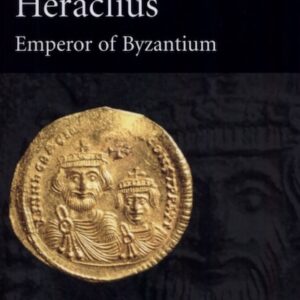
By Walter E. Kaegi (NHC Fellow, 1996–97) This book evaluates the life and empire of the pivotal yet controversial Byzantine emperor Heraclius (ad. 610-641), a contemporary of the Prophet Muhammad. His stormy war-torn reign is critical for understanding the background to fundamental changes in the Balkans and the Middle East, including the emergence of Islam. … Continued